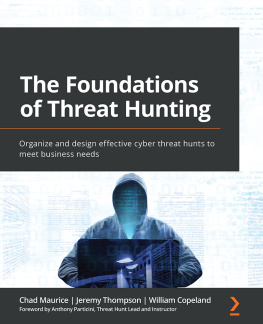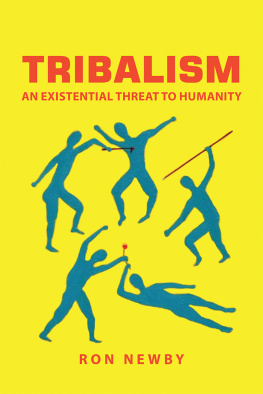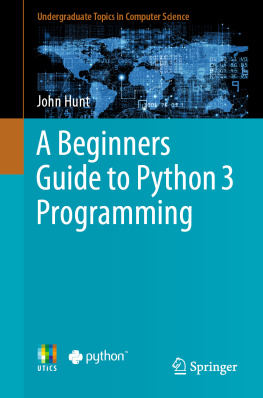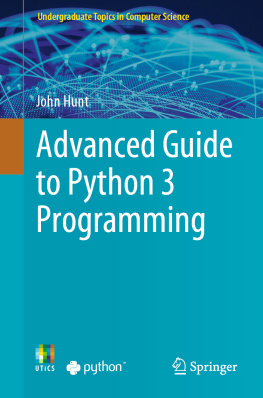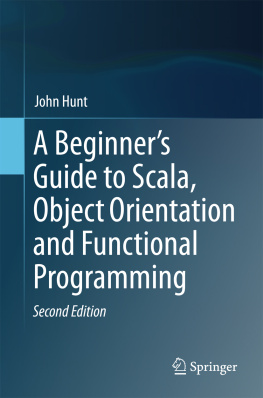First published by Zero Books, 2018
Zero Books is an imprint of John Hunt Publishing Ltd., Laurel House, Station Approach, Alresford, Hants, SO24 9JH, UK
www.johnhuntpublishing.com
www.zero-books.net
For distributor details and how to order please visit the Ordering section on our website.
Text copyright: Francis Sanzaro 2017
ISBN: 978 1 78535 470 0
978 1 78535 471 7 (ebook)
Library of Congress Control Number: 2017939489
All rights reserved. Except for brief quotations in critical articles or reviews, no part of this book may be reproduced in any manner without prior written permission from the publishers.
The rights of Francis Sanzaro as author have been asserted in accordance with the Copyright, Designs and Patents Act 1988.
A CIP catalogue record for this book is available from the British Library.
Design: Stuart Davies
Printed and bound by CPI Group (UK) Ltd, Croydon, CR0 4YY, UK
We operate a distinctive and ethical publishing philosophy in all areas of our business, from our global network of authors to production and worldwide distribution.
Contents
Perfection is achieved, not when there is nothing more to add, but when there is nothing left to take away.
Antoine de Saint-Exupery
It is a small part of life we really live.
Anonymous Roman poet
This book is dedicated to Frankie IV.
I hope you prove the Roman poet wrong.
Introduction
Charismatic Code and the Frog
An urban legend has it that if you drop a frog in boiling water, it will jump out immediately. But if you put it in cold water and turn up the heat, it will be boiled alive. Despite the fact that this is not true, numerous experiments have proven its falsity, there is indeed a psychological truth to itwhen so many little things change over a period of time, its hard to notice. We are distracted. We are tired. We were busy. Then, its too late.
If, in the last 24 hours, you have used your phone, watched something, read something, posted something or clicked on something, then you have been influenced by an algorithm. It sounds harmless, but it is not and we are proverbial frogs in, let us say, water just above room temperature and the heat is rising.
It is also likely in the past week you have read an article written entirely by an algorithm or watched a movie whose success is largely the result of an algorithm, and, in both instances, you were not informed as to what role, exactly, an algorithm played. It kinda just happens, and it is happening more often in more places of our lives and we go with it. We shrug. Were tired. And yet, it is a human problem, not a technological one.
Algorithms are, by far, the most powerful force in our lives today, both personal, political, medical, professional and even ecological, and we know nothing about them. In fact, we cannot know anything about them because they are protected by intellectual property rights and often are the foundation of some of the most successful companies on Earth, such as Facebook or Google. So, for Google to reveal its search results algorithm is tantamount to suicide, since once the code is made public, Google has no competitive edge. But people are beginning to demand to know more about these shadowy entities.
In October of 2016, German Chancellor Angela Merkel went so far as to say that some social media and news algorithms are politically dangerous. In the wake of a recent spate of terrorism and killings, Merkel warned, These algorithms, when they are not transparent, can lead to a distortion of our perception, they narrow our breadth of information. None of this was intentional by Facebook, but still, politicians and users are beginning to demand to know what its algorithms are up to. Like Google, Facebook will reveal nothing. Yet, the larger point remainshow are culture and our lives changing because of algorithms? How are we changing?
But let us paint a broader picture. As of 2017, algorithmswhich are formulas for telling computers what to doare finding us our soul mates, writing news articles, judging fiction and film, controlling traffic, grading Hollywood scripts, tracking animals, composing music, writing for the AP news service, acting as mental therapists, telling us jokes, conducting job interviews, flying airplanes, farming without human intervention, driving cars, packing and shipping boxes, writing poetry that poets cant tell was done by a computer, running restaurants and, hot off the press, they are deciding what images are appearing on some major websites. In other words, algorithms are making inroads into the art and creative objects we consumesince the majority of images we look at on a daily basis are, lets face it, from websites. The list expands weekly. Non-human actors are modifying the texture, mood and fabric of our practical and creative cultures with an intensity unparalleled in history. If you have ever read anything about the coming automation revolutionwhen machines take our jobs and rule the world, and we sit back helpless (which is unlikely)you are reading indirectly about the power of algorithms.
So, what is the threat here? Uselessness. We are rendering ourselves useless, in terms of not feeling necessary, feeling out of control and/or sensing that one is without utility and without an expectation of fulfilling an intended purpose. Uselessness is a shape shifter, roaming around our consciousness, wreaking havoc, morphing into boredom, lack of engagement, aggression, instability and decreased awareness of ones surroundings. When the latter are unleashed, politics, social life, addiction rates and our romantic lives are upended. This threat is real, costly, irrational, uncontrollable, and comes with the potential to release profound amounts of psychological disturbance into our psychic (and actual) economies. Future politicians, therefore, will be tasked with much more difficult assignments than border disputes or outbreaks of disease, but rather the management of the emotional lives of hundreds of millions of people who lack the basic sentiments we have always taken for grantedbeing in power, being in control, having a sense of destiny or purpose. Israeli historian and thinker Yuval Harari rightly observes that the economics and politics of the coming decades will be what to do with all these useless people.
Boredom, as one of the fastest-growing afflictions affecting modern societies, has been directly tied to how technology is changing our habits of perception and attention. As you have probably guessed, feeling useless is a main trait of being bored. Uselessness, therefore, is an existential crisis. This is not a prophecy, but if you follow me closely enough in this book, I believe you will find it to be quite a logical outcome, and rather terrifying.
Science and Shit
I can hear you saying, Really, uselessness is the futures biggest threat? Come on. But first, the obvious questionwhy arent hunger, demagogues or ecological collapse the biggest threats to our future? If something threatens our future in a tangible and existential manner, surely it is hunger, or maybe nuclear war. Right? Well, political and technological progress up until this point has not given us a reason to believe this will be the case. With every historical rise in the global population, we have met the threat of food shortages with remarkable innovation, and countless predictions of global starvation and calamity have just not panned out. As researchers Erik Brynjolfsson and Andrew McAfee have recently argued, technological innovation (beginning with the Industrial Revolution) is responsible for the most profound instance, and rate, of global transformation this Earth has ever witnessed.


